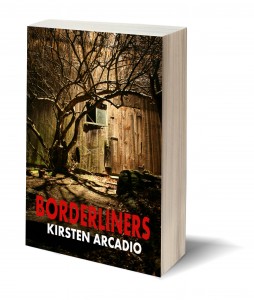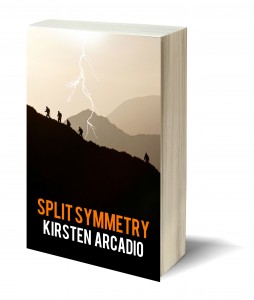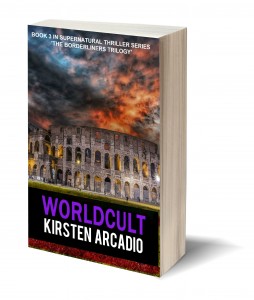I love this – two hundred comments by readers on what turns them off whilst reading a novel: http://terribleminds.com/ramble/2013/05/21/bookish-turn-offs/comment-page-3/#comments
The main beefs seem to be with:
- Characters they don’t and can’t care about, who are too passive and flat
- Boring beginnings – first three chapters are key
- Dull storyworlds
- Too many points of view or wandering points of view (ie starts in third person closed and goes omniscient)
- Sexual violence
- Clunky prose with no unique ‘voice’
- Preaching of any kind (ie the moral of the story is this and you’d better believe it)
- Poor writing and/or editing
- Plot holes
- Slow pace (they don’t seem to like this!).
I do some of these…. so time to get back to editing.




